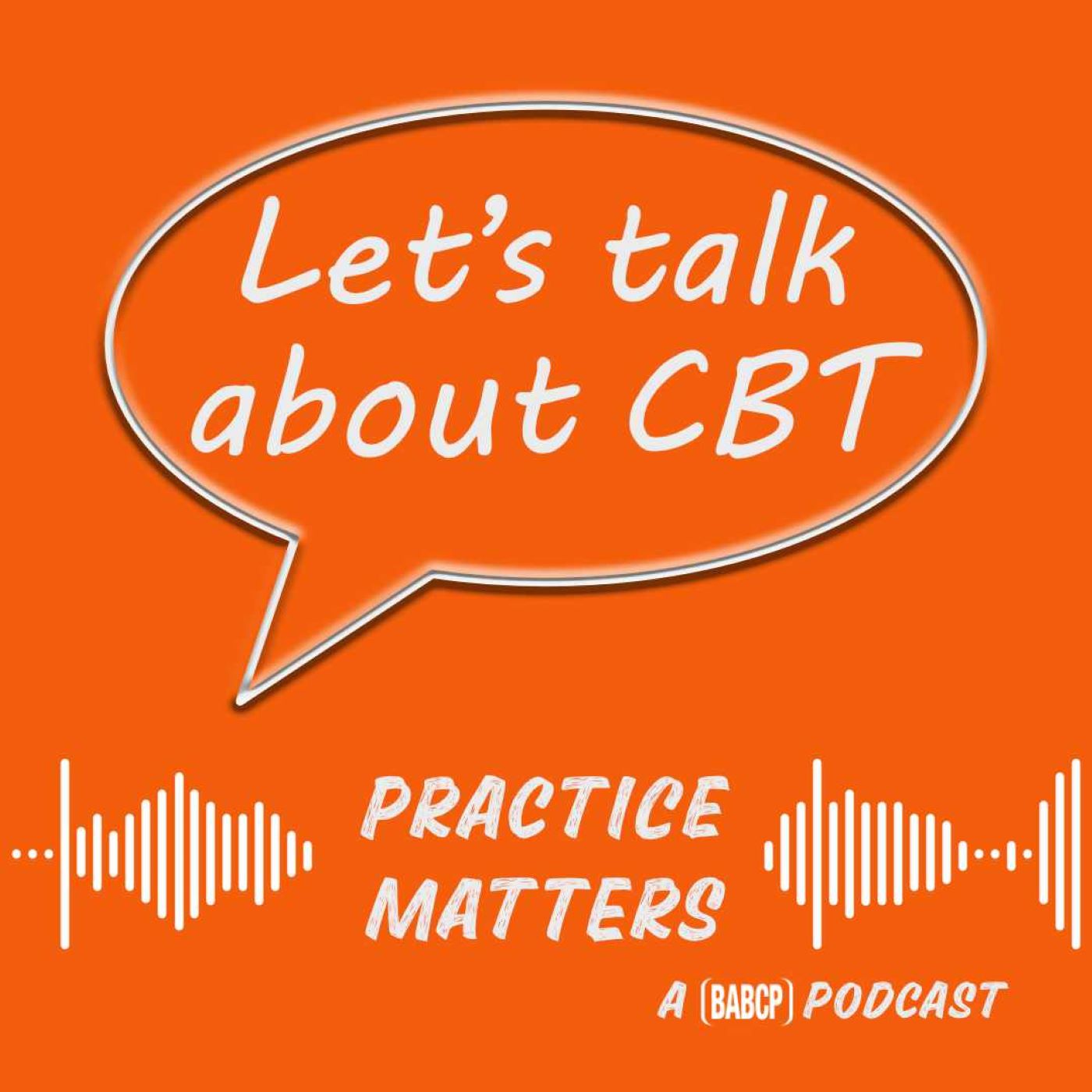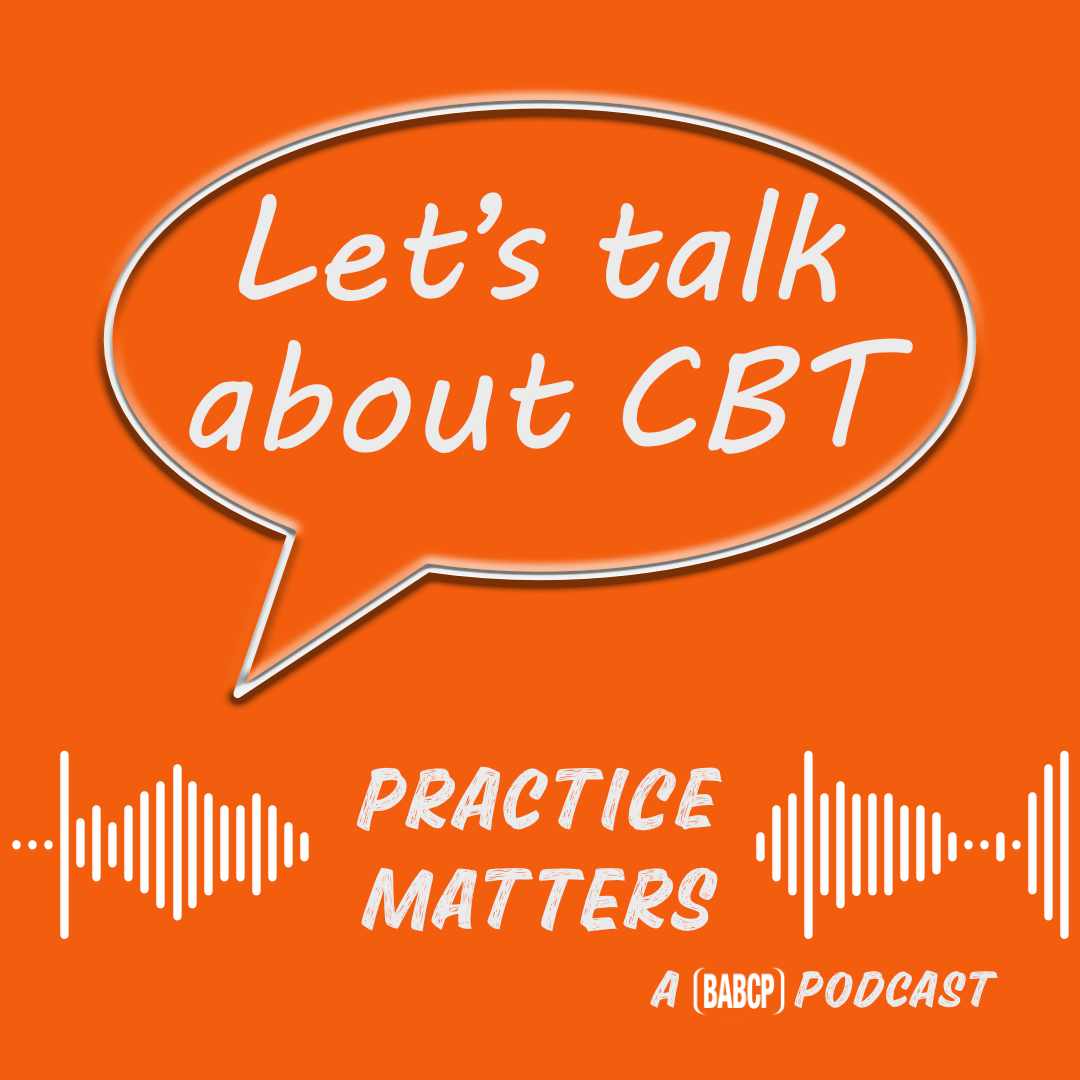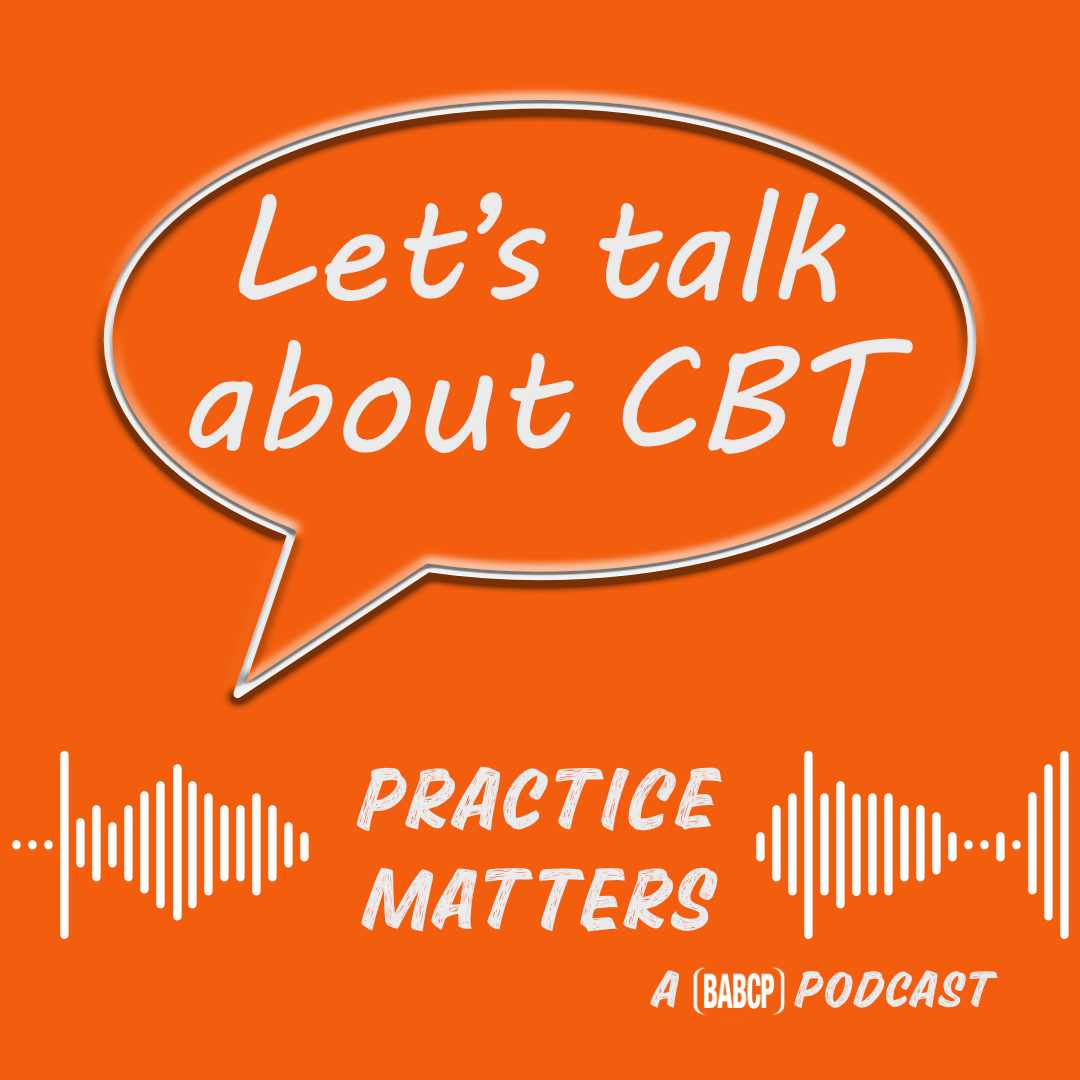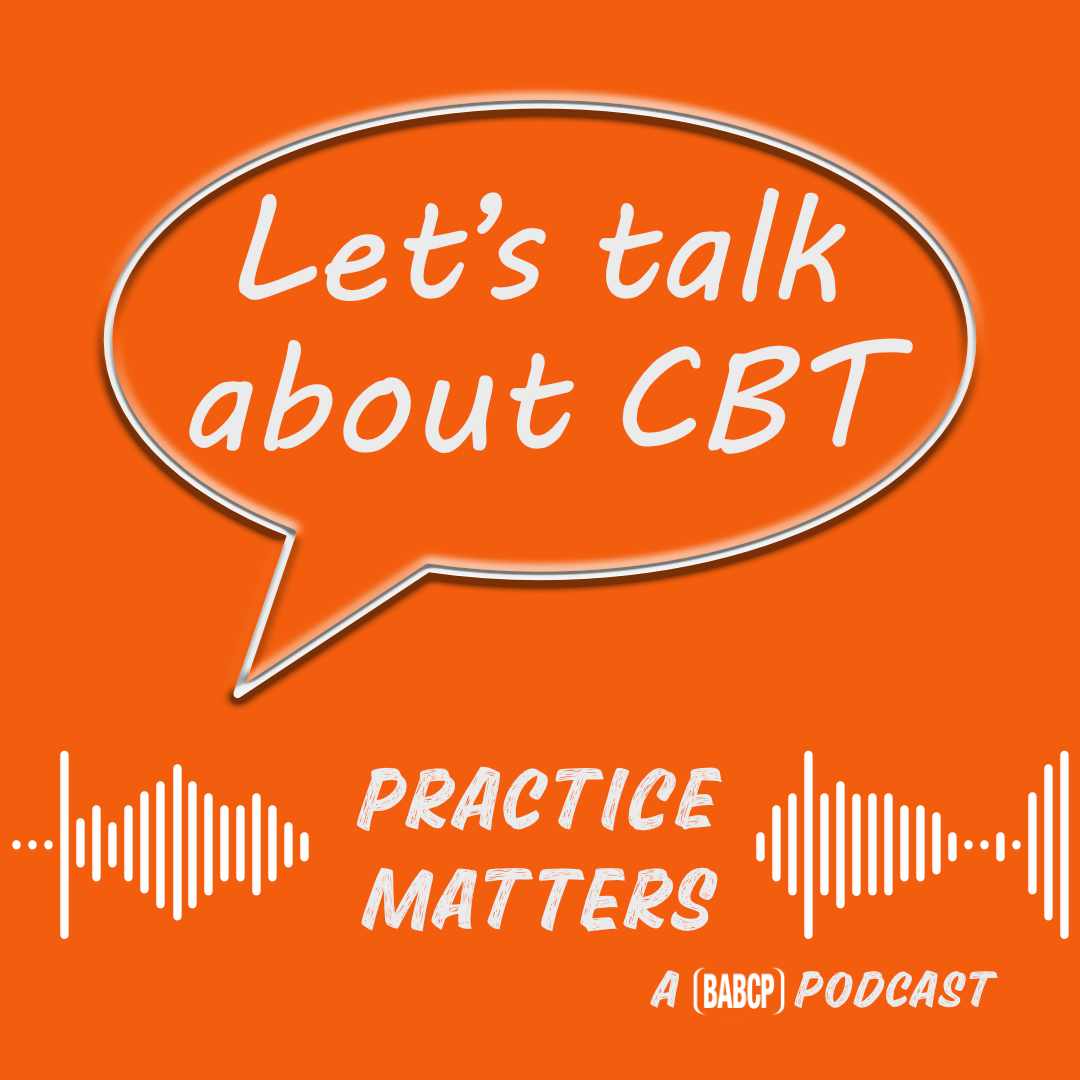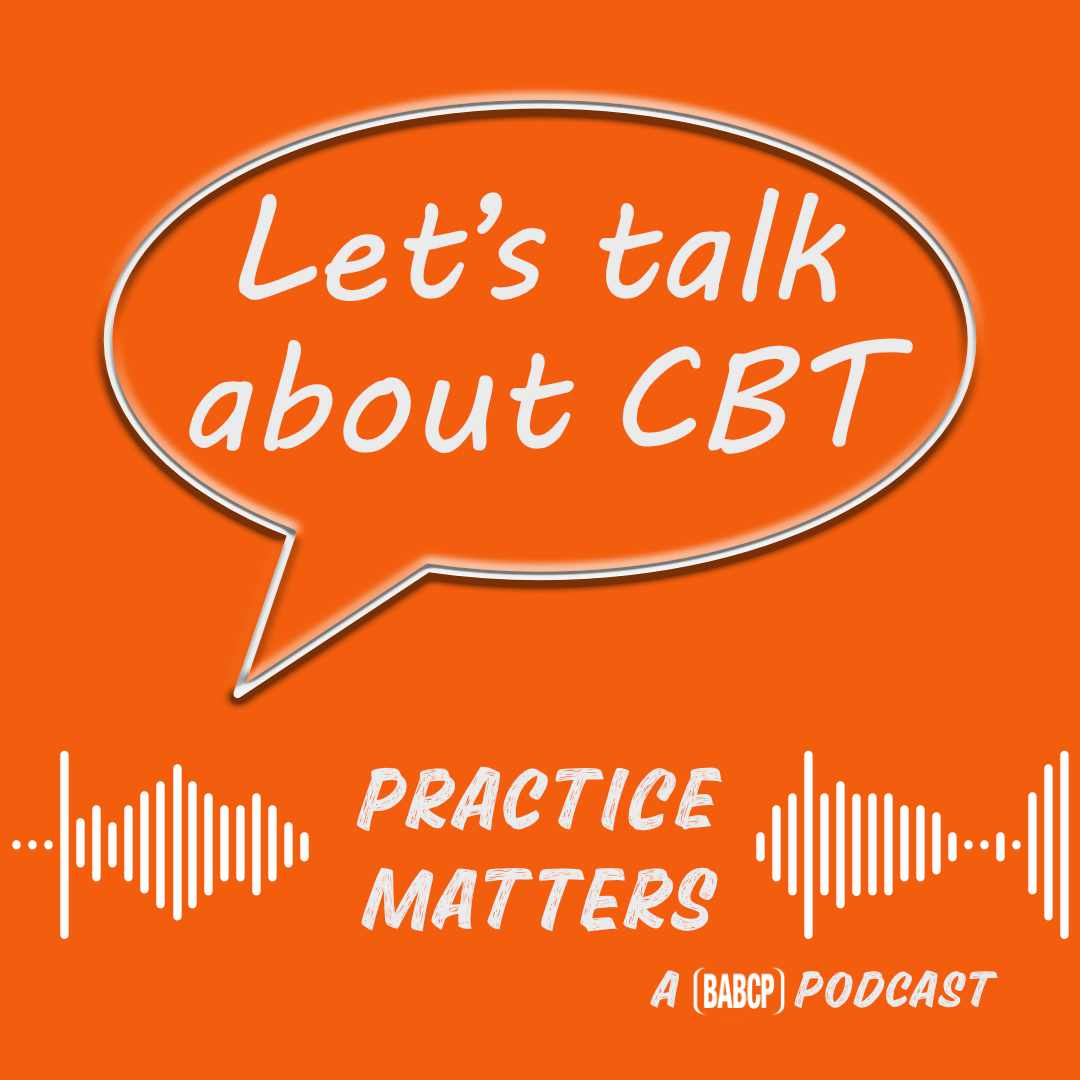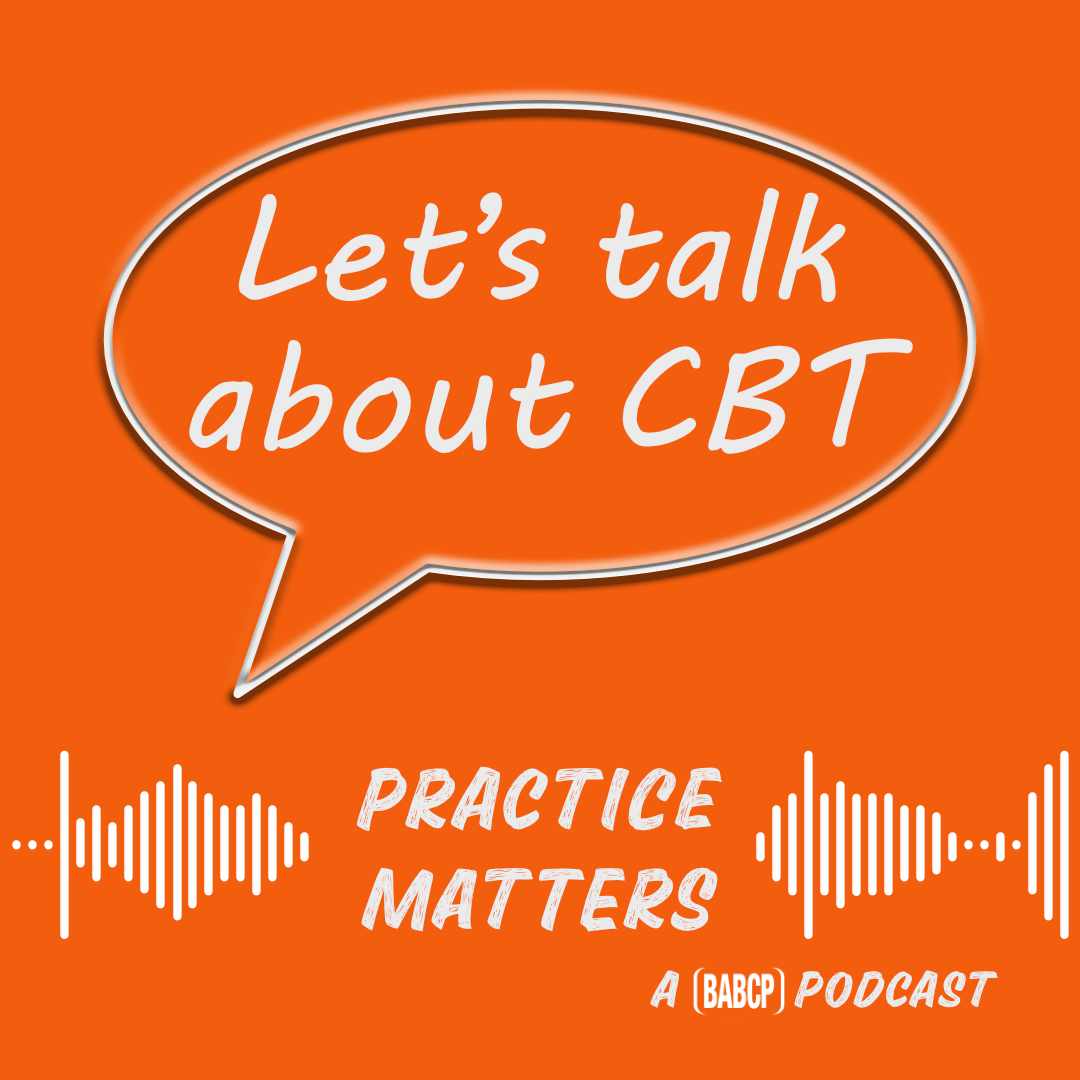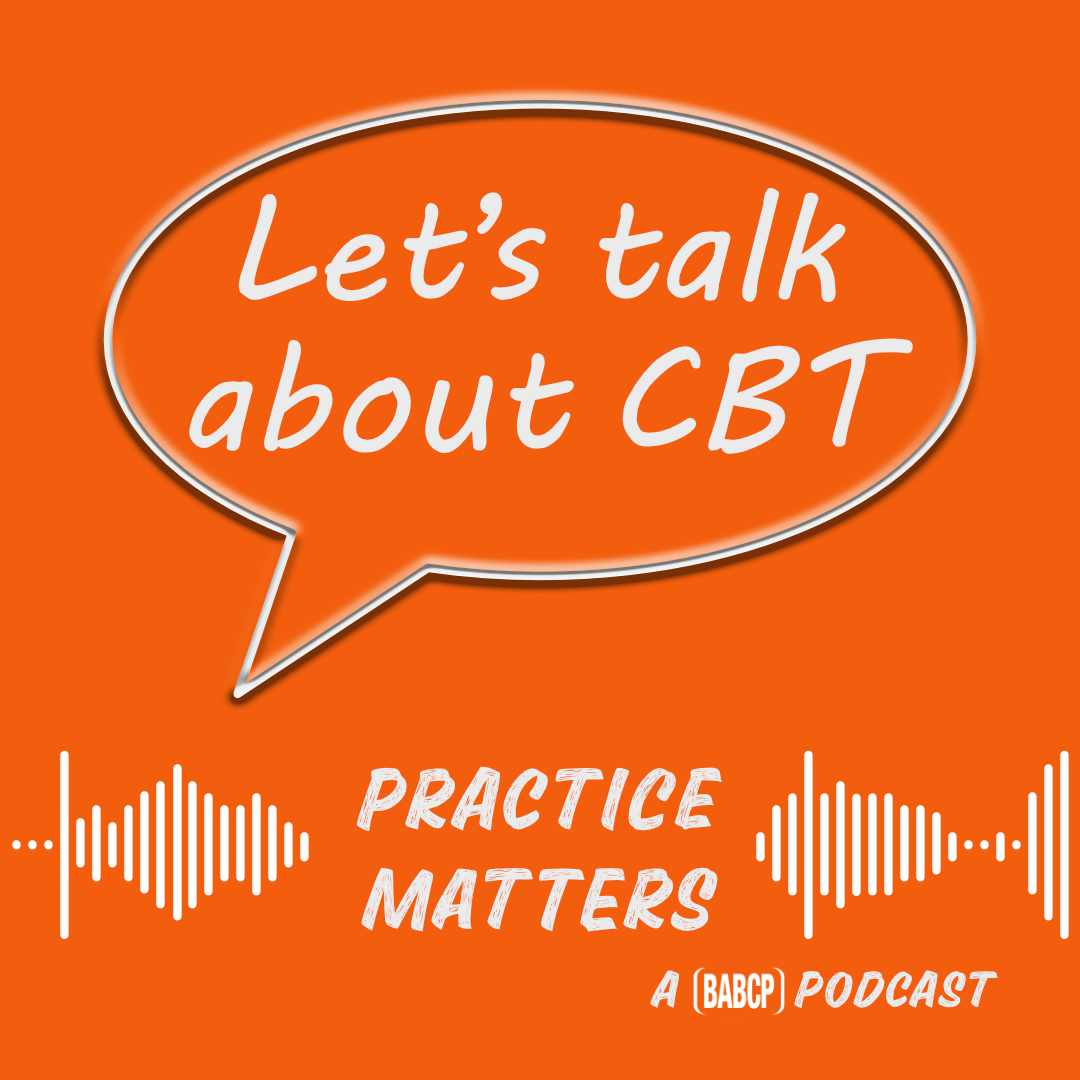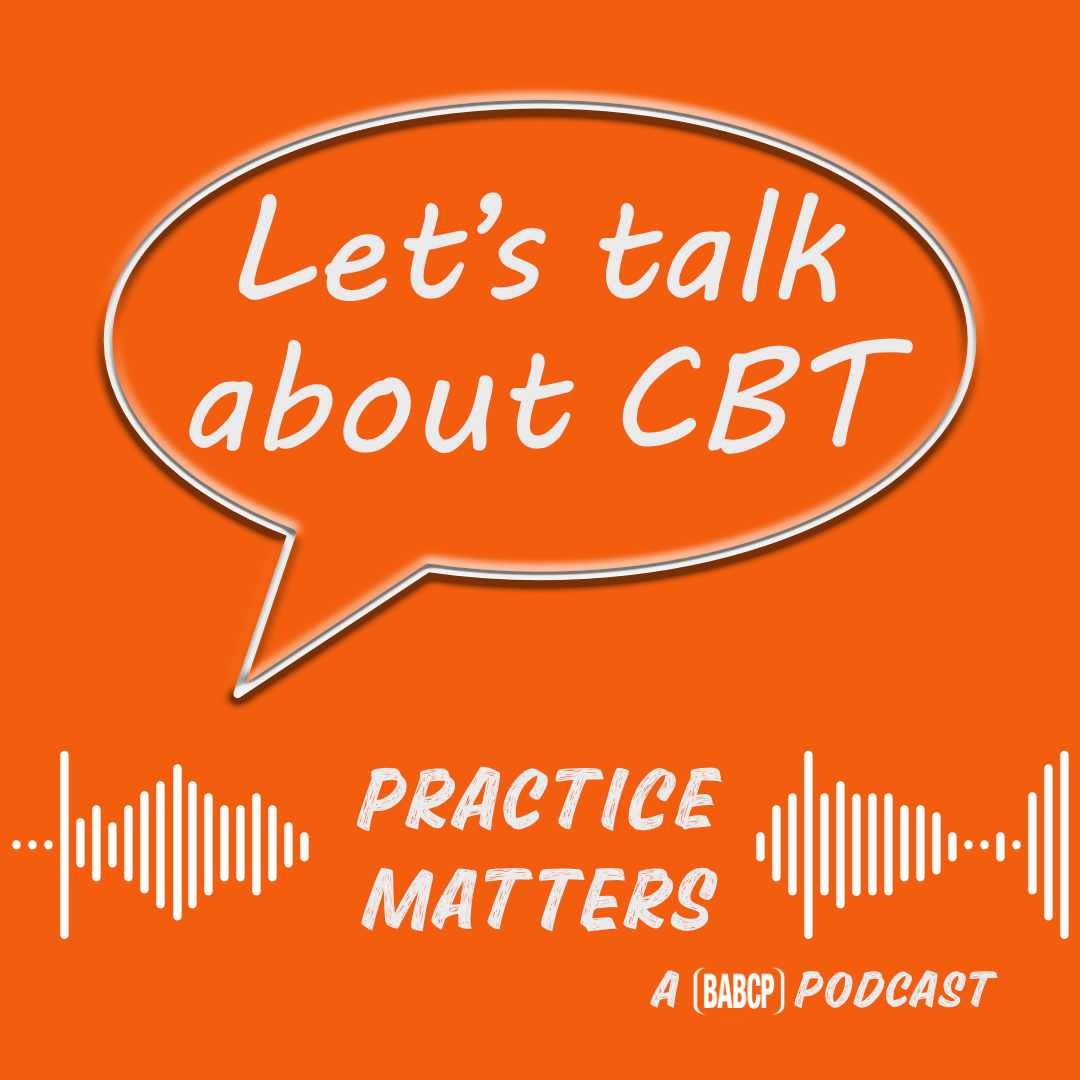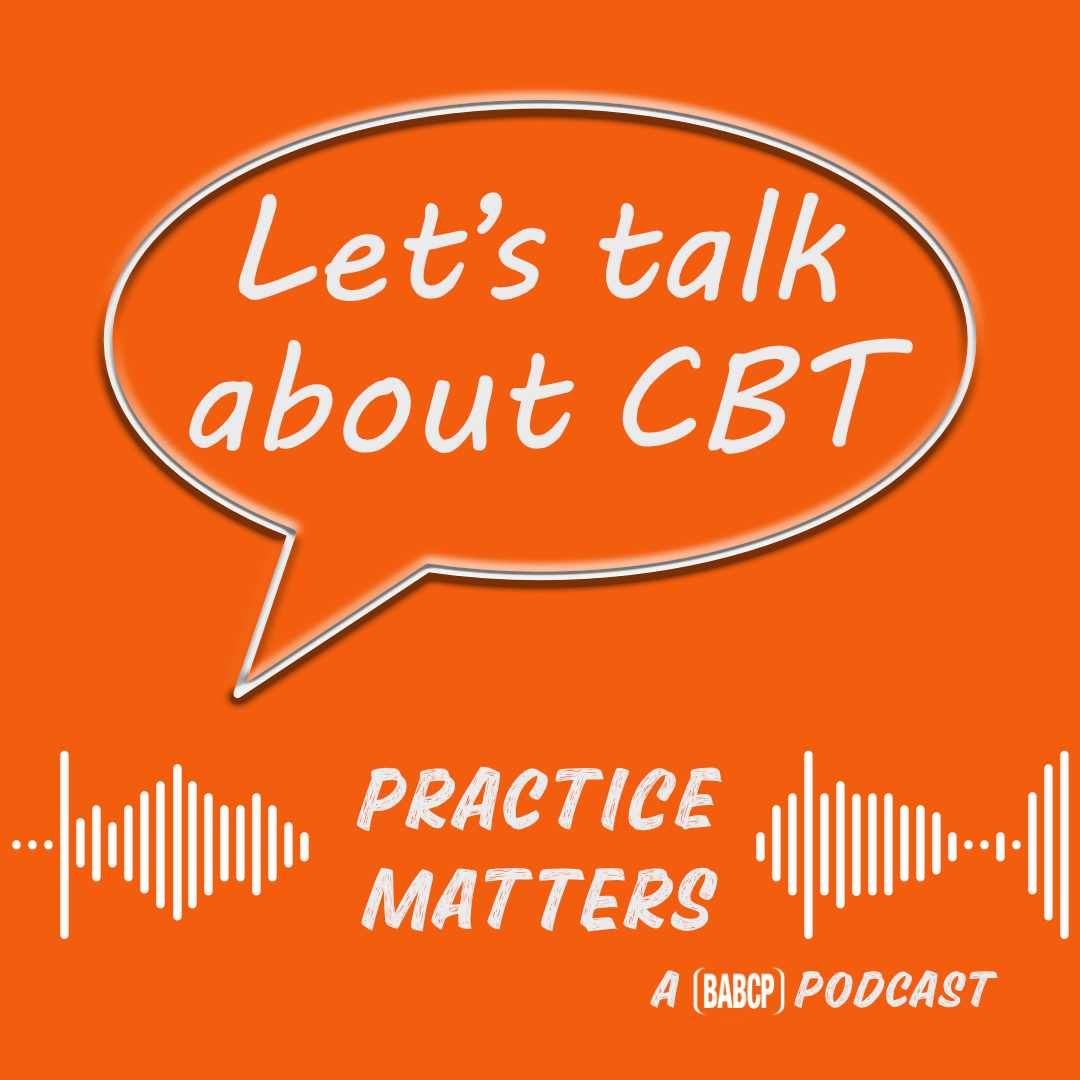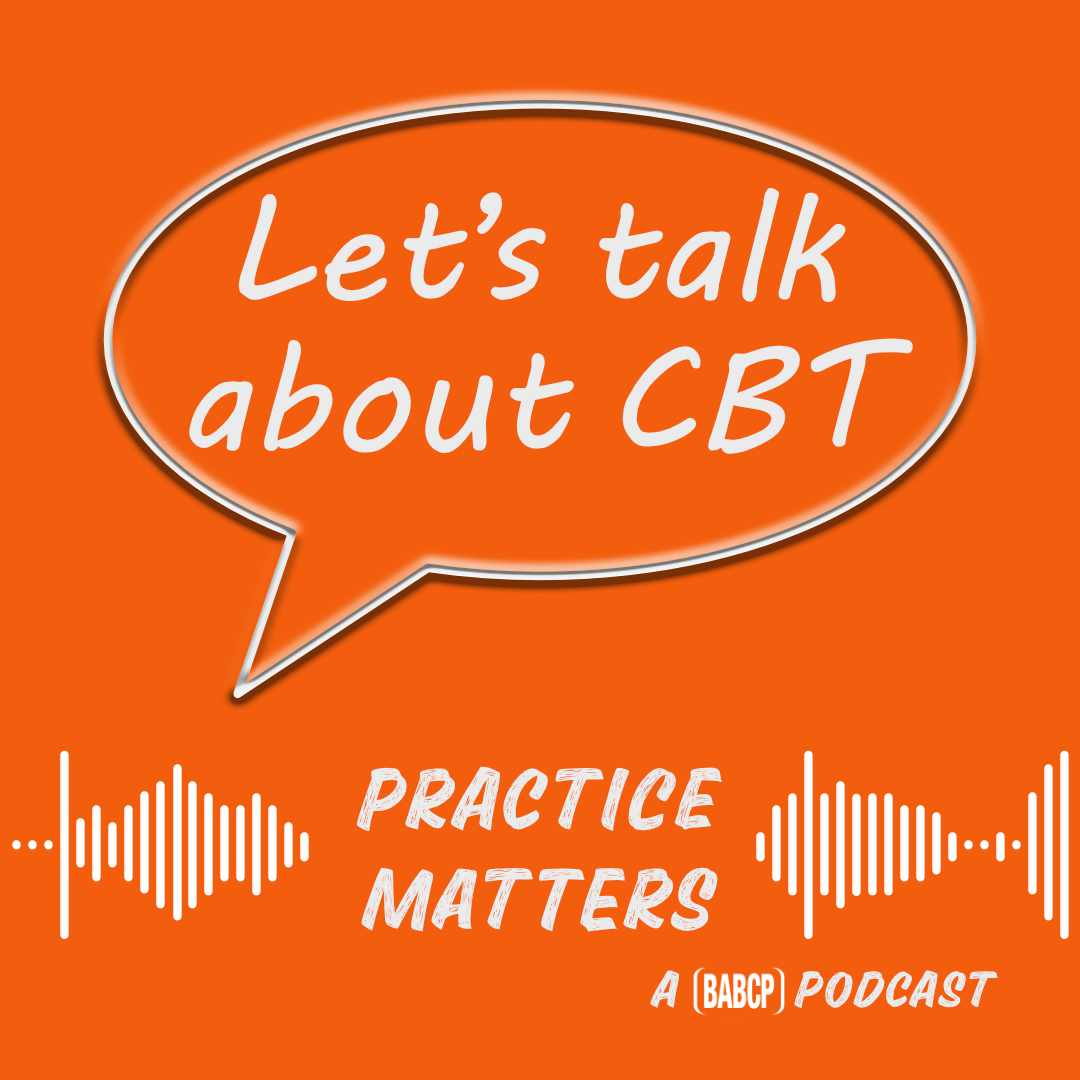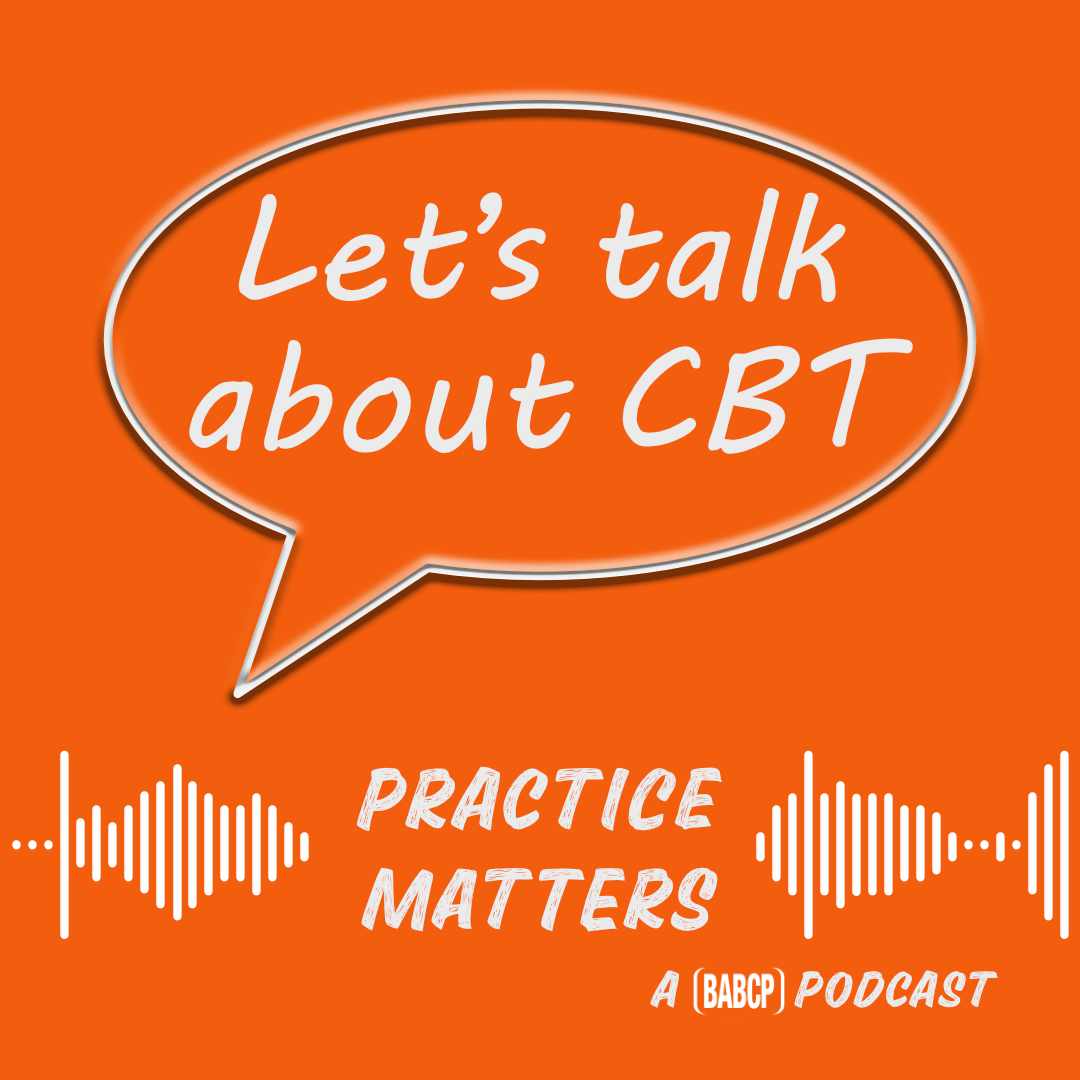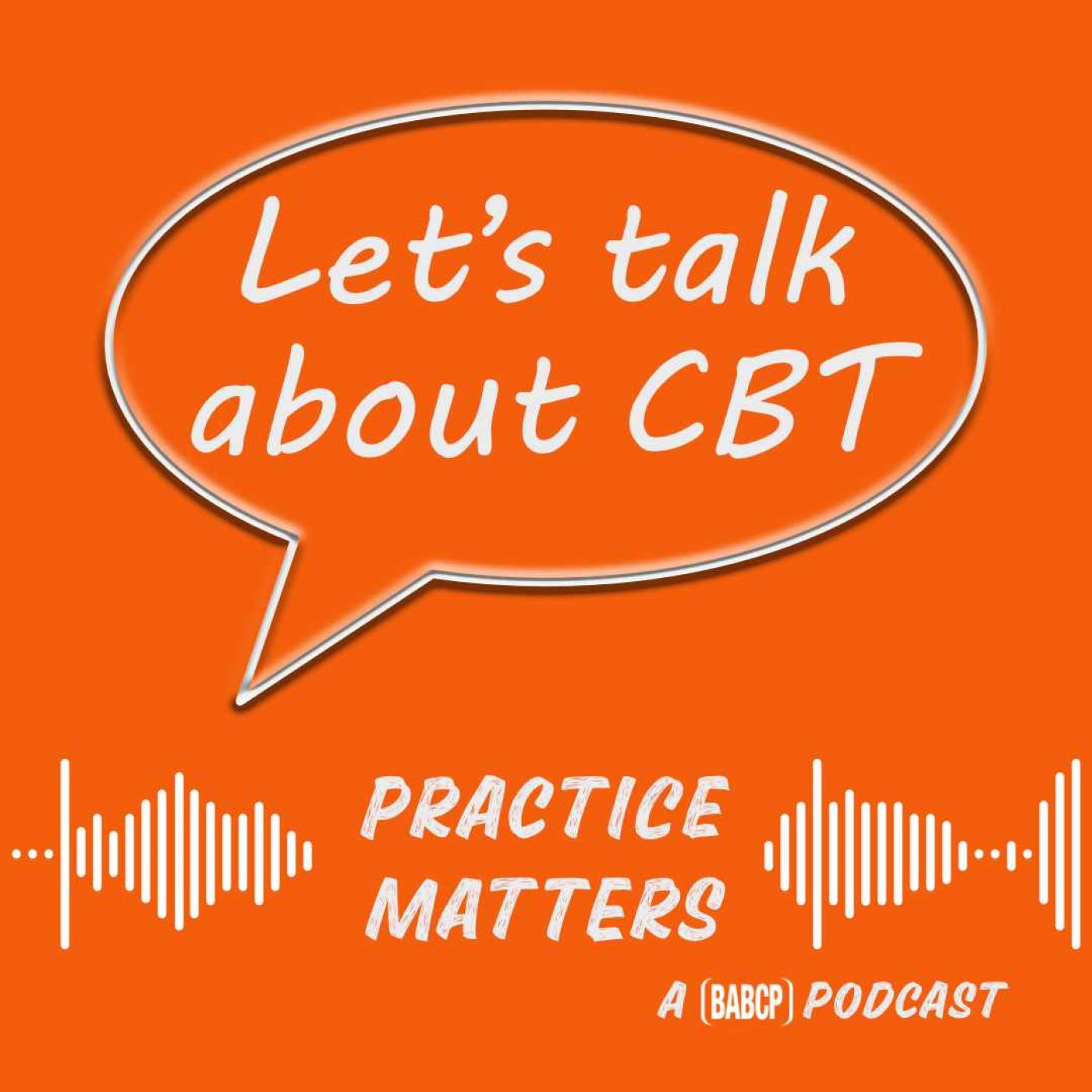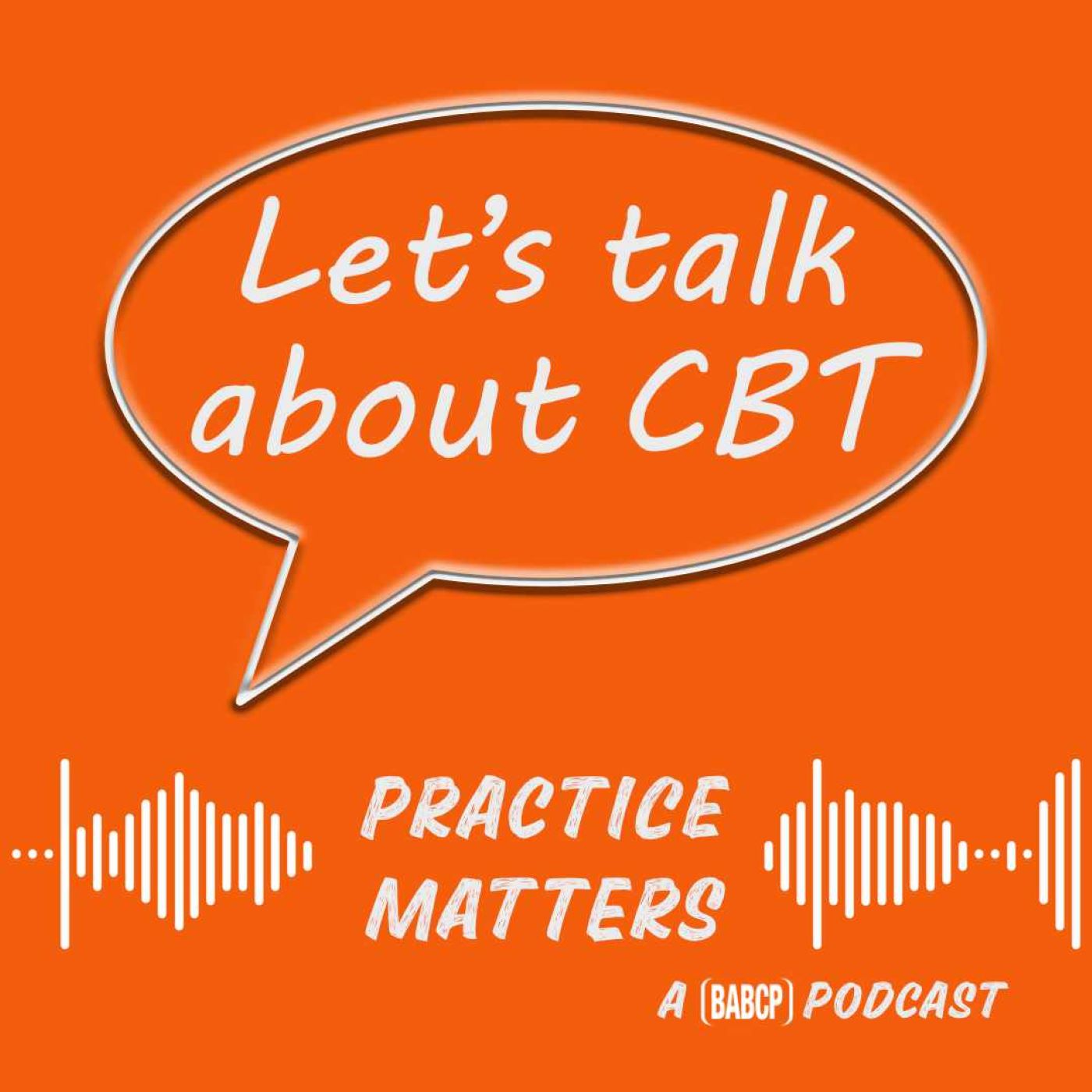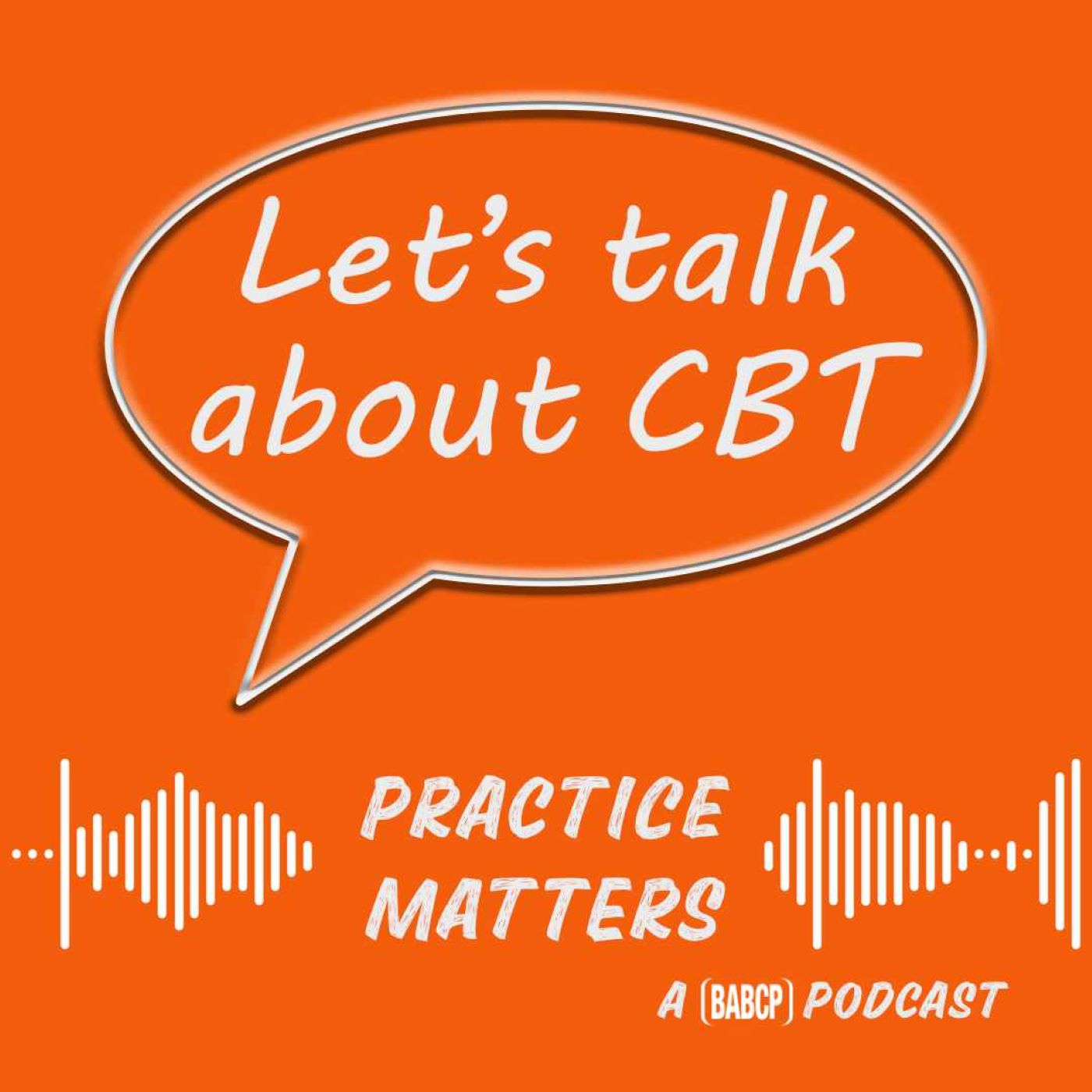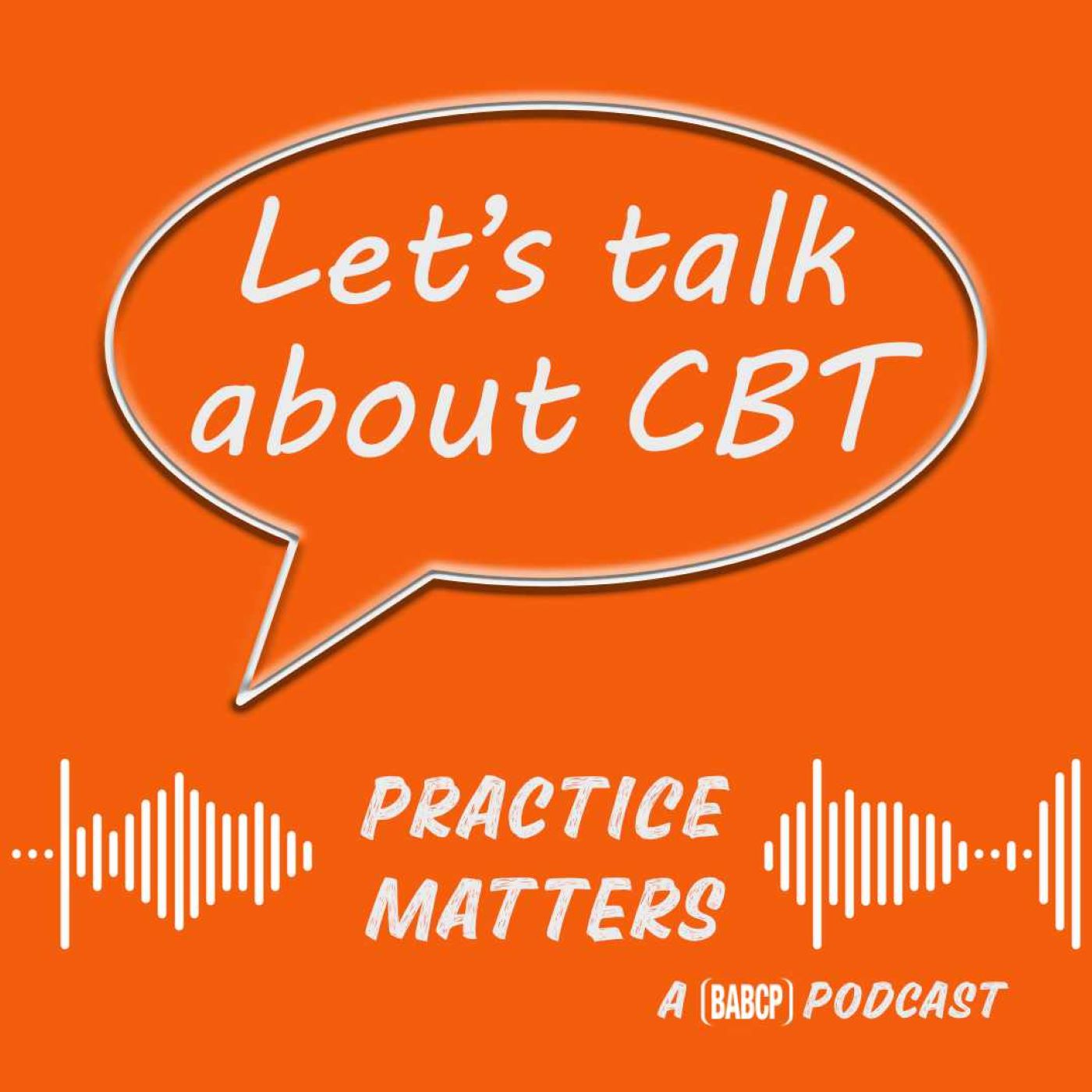"Don't believe everything you think..."- Prof Steve Hollon on cognitive therapy for depression- Part 1
Description
In the first instalment of this special two part episode, Rachel Handley talks to Professor Steve Hollon, international expert on the prevention and treatment of depression and co-author of the second edition of Cognitive Therapy of Depression about how we understand and treat depression.
Steve shares what first drew him to the field, his early encounters with Aaron T. Beck and the rise of cognitive therapy, and how insights from evolutionary biology, psychology and neurobiology can enrich our understanding of depression.
Next time: In Part 2, Professor Hollon discusses how CBT can be applied to a wide range of presentations, from more straightforward to highly complex and even tries his hand at devising a brief intervention for the President of the United States. Don’t miss it!
Resources and links
Cognitive Therapy of Depression (Second Edition)
Find out more about Steve and his research here
OXCADAT:
A wealth of useful videos and therapist resources for social anxiety, PTSD and panic disorder can be found here: https://oxcadatresources.com/
Stay Connected:
- Follow us on Instagram: @BABCPpodcasts
- Send us your questions and suggestions: podcasts@babcp.com
- Subscribe and leave a review – and don’t forget to share this episode with your colleagues!
If you enjoyed this episode, check out our sister podcasts, Let’s Talk About CBT and Let’s Talk About CBT – Research Matters for more discussions on evidence-based therapy.
Credits:
Music is Autmn Coffee by Bosnow from Uppbeat
Music from #Uppbeat (free for Creators!): https://uppbeat.io/t/bosnow/autumn-coffee
License code: 3F32NRBYH67P5MIF
This podcast was edited by Steph Curnow
Transcript:
Rachel Handley: Welcome to Let's talk about CBT- Practice Matters, the BABCP podcast for therapists using cognitive behavioural therapy with me, Rachel Handley. Each episode we talk to an expert in CBT who will share insights that will help you understand and apply CBT better to help your patients.
My guest today is Professor Steve Hollon, who had so much fascinating information, theoretical and clinical insights and stories to share that we just had to produce a special two part episode. In this first part, Professor Hollon shares the reasons for his fascination with depression, the story of Beck's development of the cognitive therapy for depression model and insights from psychology, neurobiology and evolutionary biology that can help us understand the development and maintenance of depression.
Professor Hollon is an international expert on the prevention and treatment of depression and co-author of the long awaited second edition of Cognitive Therapy of Depression, the definitive and groundbreaking psychotherapy manual, first published by Aaron T Beck and colleagues in 1979. Professor Hollon is professor of Psychology at Vanderbilt University in the US but is no stranger to us in the UK and supporting the dissemination of evidence-based therapies here as he regularly provides training to services in the UK and teaches on the Talking Therapies Program at the IOPPN annually.
So welcome to the podcast, Professor Hollon.
Steven Hollon: Thank you very much. And Steve, please.
Rachel Handley: So Steve, you've been working in this field for quite some time now, you might not want to tell us how long, but can you recall for us who or what got you invested in the field of depression personally and professionally?
Steven Hollon: Yeah, I can't tell you exactly why I got interested in depression, but that goes way, way back. We have some family history that I got my own personal history of episodes of depression, but to make a long story short, I was in graduate school in Florida State which was good, strong program, but I was reading Aaron Beck and Marty Seligman and Jerry Claremont, the fellow that generated IPT and I was showing up, in those days we had libraries, we had stacks. And I was looking at some of the same journals that my then graduate student colleague Judy Garber, now 50 years now we've been together looking at the same kind of things and we just decided that we weren't getting the kinds of training that we absolutely wanted, as good as the program was in Tallahassee, we want to work with some of the leaders in the field.
So she wrote to Marty and cut a deal with him to run his research labs while he was off on sabbatical at the institute in London. And I was finishing up my dissertation collection data and I followed her up about six months later, with the notion that I would work for Beck. Of course, Tim Beck didn't know me from Adam and couldn’t get in to see him. And his cognitive therapy approach hadn't taken off yet, but we ended up seeing that his group was going to be presenting at a conference, Society for Psychotherapy Research in Boston. So we drove up the coast and went to the meeting there and I spent the next three days getting to know the other people in this research group and, talking with Maria Kovacs, really first rate psychologists who ended up becoming a leading figure in developmental psychopathology, Hungarian and wanted to go back to Hungary for an extended visit that summer and Tim was reluctant. They had a research grant going on. She was interviewing people that survived suicide attempts. I'm just hanging out on the fringe of the group, and I said, well, I'm a psychologist, I'll stand in for it. So I stood it on a volunteer basis and spent the next three weeks trying to make myself indispensable. We ended up negotiating my first year in Philadelphia as my clinical internship. Second year, with Tim's blessing, I went over to the psychiatry residency program, continued working with him, and then ended up going off to Minnesota for a job I was thoroughly unprepared for. Nonetheless, things went well, I got an offer and went out there. Judy graciously finished up her doctoral training at Minnesota and eight years later, we were left eight years and 16 winters later, we left for Nashville Vanderbilt and where we’ve both been on faculty for close to 50 years.
Rachel Handley: Wow, that's quite a trajectory. I'm old enough to remember what it's like to go down into a basement of a library and roll the stacks along and actually have to find a physical journal paper, not just type it in on the internet. Right. But from there to working at the heart of the revolution, really, of cognitive therapy with Beck and his team must have been quite something.
Steven Hollon: It was something, but it was not a thing yet. Tim Beck, Philadelphia Penn was heavily psychodynamic, he was heavily ostracized. He'd been dropped by the Philadelphia Psychoanalytic Society. Every year they'd have the various psychiatry faculty meet with the residents, and when he met with the residents, virtually nobody showed up. It became a thing with the publication of the first outcome trial, the Rush et al study that suggested that cognitive therapy not only held its own with medications, it was actually better than turns out. It only looked better than because we did a terrible job with the medication comparison, but everything since that's done a good job with cognitive therapy, done a good job with medication treatment suggested they're about comparably effective and cognitive therapy has an enduring effect that cuts subsequent risk by about half something medications can't do.
Rachel Handley: And as you hinted there, that was the journey for Tim Beck as well. He came from this psychodynamic background training team, anyone with a passing interest in cognitive therapy now knows about or has started by training in the principles and practice of cognitive therapy for depression. But can you tell us a little bit about his story and the development of the approach?
Steven Hollon: Yeah, he was, although he was marvellous fellow, a marvellous human being, but originally wanted to be a pathologist because you could get definitive answers, but he ended up getting diverted into psychiatry. And in those days, the late 40s, early 50s, everybody was trained dynamically. He was trained by some of the best. And of course, the dynamic explanation for depression was it was anger turned inward. These were unconscious motivations laid down in early infancy, to be angry with your paren

